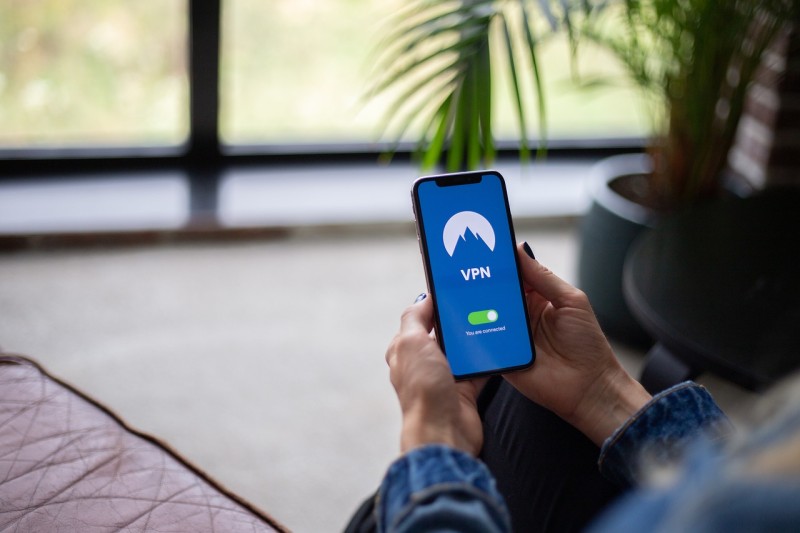How does IP Targeting operate and what does it entail?
IP targeting is a type of digital marketing that involves identifying customers based on their IP address and serving them relevant web ads. It's a hyper-targeted effort in which you may target the exact audience for your brand depending on their actual address and place your ads right in front of their eyes.
It's entirely dependent on one single piece of data that every device on an internet network has– an IP address. IP targeting campaigns, to put it simply, distribute digital adverts to devices connected with a specific IP address. An IP targeting campaign allows you to send adverts to any device that is connected to the WiFi network in mind, whether it be a laptop, desktop, tablet, or mobile phone.
These efforts can be used to target both organisations and individual customers (for example, by using a business's IP address as a whole) (for example, using the IP addresses associated with specific households).
Get Your IP Location by click on the What is My IP Location
What exactly is IP Geolocation and how does it function?
IP geolocation is the science of determining a site visitor's physical location and Internet connection characteristics. An IP address works as the identifying "street address" of the device, allowing organisations to determine where the device is situated and route traffic to the nearest server for faster connections and lower latency, similar to how a street address indicates where you reside. No Personally Identifiable Information (PII) is required, and our data complies with all privacy rules, including GDPR and CCPA.
What are the benefits of using IP targeting?
One of the most focused marketing tactics you can use to promote your (or your client's) product or service is IP targeting.
Think about the following scenarios:
You're trying to promote a local event that will most likely only be open to residents of the area where it will take place. You can deliver advertising solely to those who are in the general vicinity of your event using IP targeting, improving the likelihood that your ads will result in ticket sales and lowering your spend (because you aren't paying for ads to disinterested audiences).
You're attempting to boost foot traffic to a neighbourhood establishment. Use IP targeting in the same way to send enticing adverts over networks in that area.
You're attempting to improve sales among a specific demographic. Let's say you're planning a marketing campaign aimed at the college-aged group. One approach to do so is to send your adverts to IP addresses linked with college-wide WiFi.
How do I find out what my public IP location is?
You may find your public IP address by scrolling all the way to the top of this page. It will display your IP address, the location from which you are connecting, your service provider, and if your traffic is secure.
Is it lawful to target IP?
The level of specificity provided by IP targeting and geofencing is also a source of debate. While IP addresses are extremely popular among digital marketers, there have been some uncertainties about where they fit in terms of data protection standards. There is debate about whether these addresses are personal data and, if so, whether they should be safeguarded as private information.
Personal information is frequently required to be held and used in accordance with tight standards, but IP addresses fall into a grey area when it comes to the definition of personal information.
Because IP addresses are unique to each internet router, they can be traced back to the internet connection's owner. IP addresses, on the other hand, must be public in order to function; after all, they were designed to communicate with public sources (such as websites). This has been hotly disputed for a long time, and other countries have stronger laws than the United States. The widespread view in the United States is that targeting is not prohibited because the information is essentially public.
Here is another category which is introduced by A class Blogs. Category name is Tech Submit Guest Post for guest blogs.









